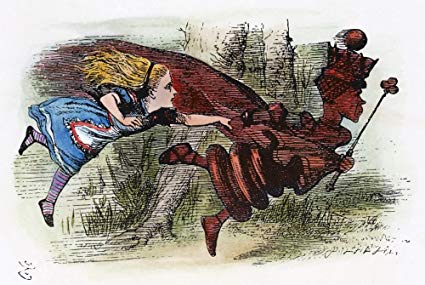A common theme of evolution is, if it works, don’t fix it. This theme is the reason why many systems in nature work, but aren’t optimal.
Humans’ love for sex actually has tremendous evolutionary benefits. For one, sex creates genetic diversity, as parental genes combine in novel ways. This process, in turn, drives evolution, as greater variety helps well-adapted species evolve.
Beyond that, it is hypothesized that sex also helps repair genes. For instance, a good strand of DNA from one parent can compensate for a bad strand from the other. Without sex as a way to repair genes, the number of birth defects would grow greater with every subsequent generation; this process would be similar to endlessly photocopying a copy of a copy of a copy. Sex, on the other hand, uses two distinct originals to construct a new document based on both sets of information.
While sex does serve some key functions, other forms of reproduction are actually more efficient. Just take asexual species, which reproduce faster since individuals don’t need to secure mates and can reproduce at a moment’s notice.
In fact, while people might enjoy the chase of dating and the joy of relationships, having to find a suitable mate is an utterly inefficient process. Just imagine how much easier it would be to simply split in two like most microscopic creatures do, create seeds that are mirror clones of yourself like a dandelion or grow from a cutting like a willow tree.
Also, while sex speeds up evolution, evolution is not necessarily a universal goal, as some species do well with barely any change at all. Consider the coelacanth as an example; this Madagascan fish looks exactly as it did 300,000 years ago. In fact, Stasis is evolution’s goal.
And finally, you don’t even need to have sex to repair genes; instead, you could just store a backup copy of them. Most plants and all animals already have at least two copies of every gene and some, like female yams, have eight copies of each!
It begs the question, why do humans still need sex?
